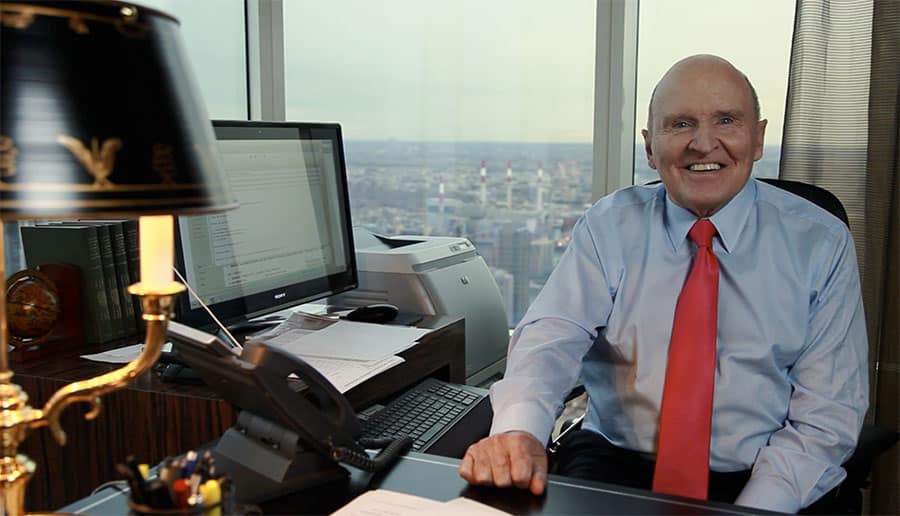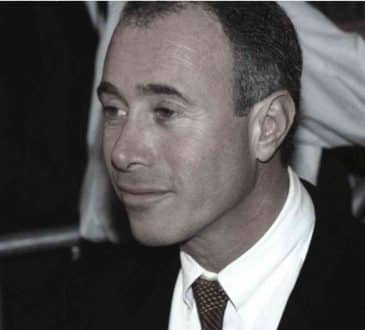Executive coaching is back in fashion

Economic growth in the UK has led to a resurgence in businesses using executive and leadership coaching as a learning development tool to improve the performance of senior executives and CEOs.
According to CIPD’s 2014 Learning and Development study, 78 per cent of organisations intend to carry out leadership development activities in the next 12 months in order to change behaviour or organisational culture, as well as develop high-potential individuals.
A survey by Henley Business School last year found that individual and team coaching are the top leadership and development tools for businesses; and that 83 per cent of organisations intended to make use of coaching, with external coaches preferred for executive and senior management.
Prior to the financial crisis executive coaching was becoming a popular way for companies to develop emotional intelligence in senior leaders. Now it’s back on the agenda as businesses seek to develop softer skills such as self-awareness, empathy and social skills, which are deemed as just as important for today’s leaders as business acumen.
The use of coaching in business has been around since the 1980s but it’s only now that businesses are starting to understand its potential to develop leaders and give them the edge in an increasingly competitive global business environment.
A recent report ‘Coaching: A Global Study of Successful Practices – Current Trends and Future Possibilities 2008-2018’ , commissioned by the American Management Association demonstrated a growing interest in and use of executive coaching worldwide, primarily aimed at increasing individual performance.
This study highlights that for many – executive coaching is a new venture – with 87 per cent of companies said they had been running their coaching programmes for just over a year, and only 33 per cent saying they have existed for over five years. The study also found 57 per cent of companies were using coaching more than in the past.
[Jack Welch; image: jackwelch.strayer.edu]
Life coaching or executive coaching
People are often confused about the difference between life coaching and executive coaching. Although there are some crossovers life coaching in general covers personal issues such as helping someone lose weight, gain confidence or become more motivated.
Executive coaching on the other hand focuses on improving performance at work and helping people progress their careers.
It helps leaders raise their self-awareness, improve their self-confidence, gravitas and communication skills and to take responsibility for performing better. It helps people become more authentic and generate trust, as well as inspire, motivate and influence others.
The ability for CEOs to communicate effectively, to reward, innovate, as well as care about and develop people will motivate employees far more than the ‘lone-wolf’ leadership styles that are no longer acceptable.
There are times of course when life coaching and executive coaching overlap and personal issues can sometimes be discussed in executive coaching; for example, if someone was going through a divorce and it was affecting their performance at work then it would be appropriate to address how its affecting them, in order to help them be more focused and be more engaged at work.
Equally, life coaching can sometimes involve discussing work and careers, as it can sometimes be work that is affecting someone’s confidence or motivation, or causing stress in other areas of their lives. The important thing to remember is that both types of coaching are completely confidential and are designed to help people in whatever area of life or work its needed.
Tips on choosing an executive coach
For executive coaching to be truly effective the client must trust the coach in order to open up and reveal more themselves in order to get the most out of the coaching experience, and the executive coach must have the experience, skills and tools to create passion purpose and results.
Get this right and leaders can greatly improve their performance and achieve even better results for their company.
Below are some tips for choosing a coach:
- Corporate experience – a coach must have a real understanding of what it’s like to work in a large corporate environment, although which sector this is in is not so important.
- Coaching experience- as a minimum, you’d like a coach to have enough experience to add value
- Chemistry- people must trust their coach and trust is often built up over time as they work together on a regular basis
- Previous success as a coach is a must and companies employing executive coaches need to ask for credentials and testimonials and follow up on these references to see how successful they have been in the past
- Qualifications and training should be a given and companies must ensure they check these
- Confidentiality – people must feel confident they can confide in their coach and that this will always be confidential. Break this and trust will be lost.
- Challenge and support – a coach must be prepared to challenge but also support people – a mix of challenge of empathy is needed in equal doses
Must read:
- The Most Effective Methods To Improve As A Pioneer In 2015: Managing Big Data
- Is Your Network Protected? Cyber Crime in the Age of Information
- Feels Like You Are Walking Through Butterscotch
- Profit From Entrepreneurs Within Your Business
Add CEOWORLD magazine to your Google News feed.
Follow CEOWORLD magazine headlines on: Google News, LinkedIn, Twitter, and Facebook.
This report/news/ranking/statistics has been prepared only for general guidance on matters of interest and does not constitute professional advice. You should not act upon the information contained in this publication without obtaining specific professional advice. No representation or warranty (express or implied) is given as to the accuracy or completeness of the information contained in this publication, and, to the extent permitted by law, CEOWORLD magazine does not accept or assume any liability, responsibility or duty of care for any consequences of you or anyone else acting, or refraining to act, in reliance on the information contained in this publication or for any decision based on it.
Copyright 2024 The CEOWORLD magazine. All rights reserved. This material (and any extract from it) must not be copied, redistributed or placed on any website, without CEOWORLD magazine' prior written consent. For media queries, please contact: info@ceoworld.biz
SUBSCRIBE NEWSLETTER








